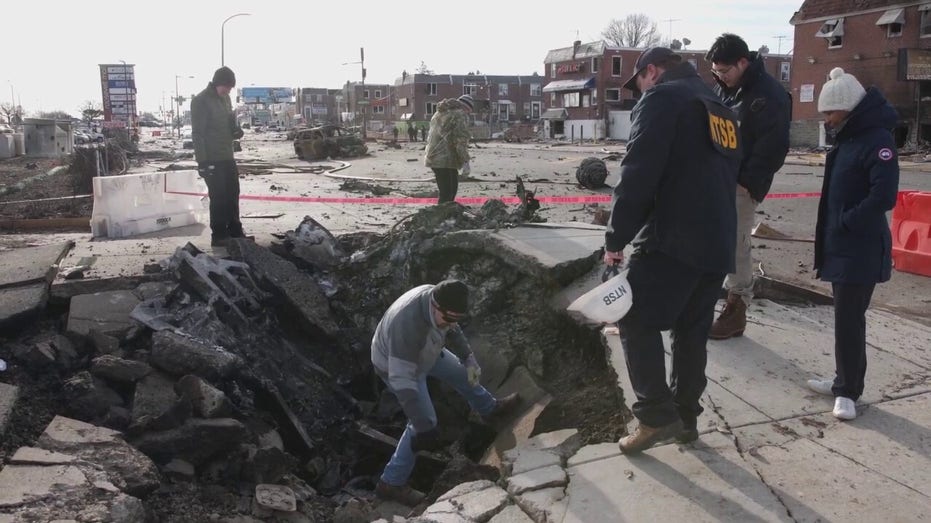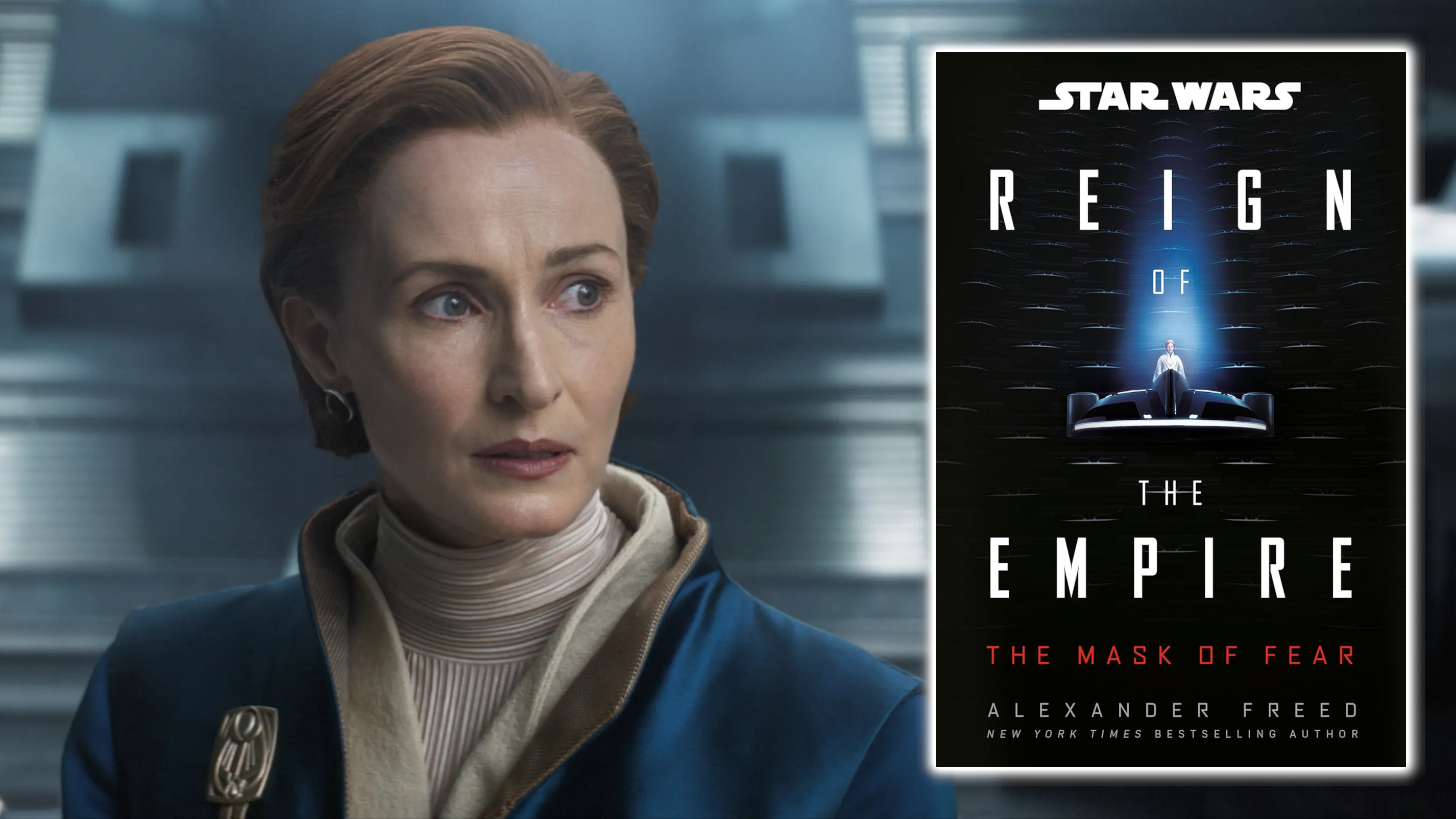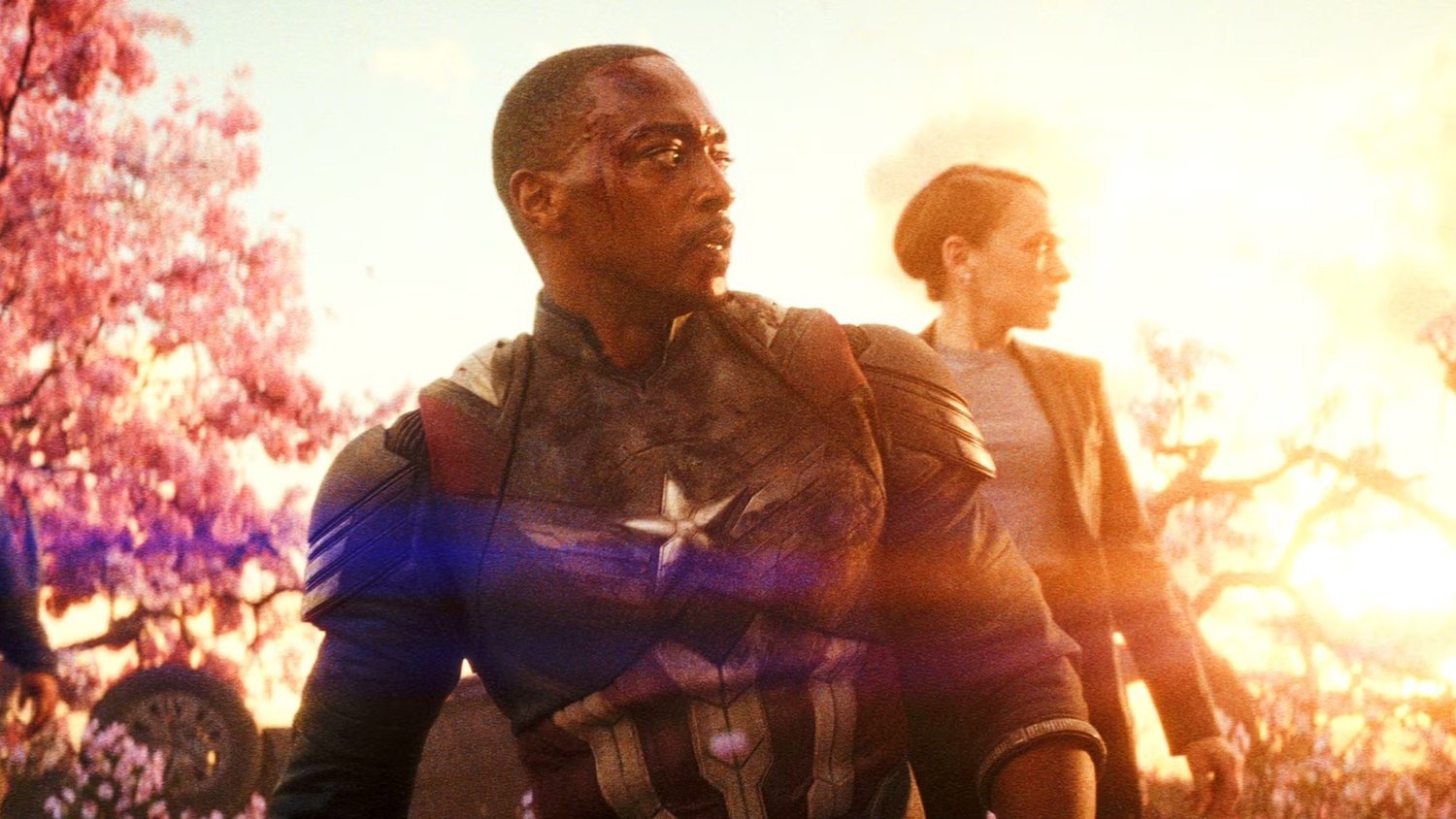Sundance Review: Atropia is an Anti-War Farce That Can’t Sustain its Satire
In the fictional country of Atropia, everything is played for real. Nestled into the southern California desert, the U.S. military-built training ground looks, acts, and even smells like an Iraqi city, populated by a plethora of actors pretending to be insurgents and merchants. The town––colloquially called “The Box,” one of 200 mock villages throughout the […] The post Sundance Review: Atropia is an Anti-War Farce That Can’t Sustain its Satire first appeared on The Film Stage.


In the fictional country of Atropia, everything is played for real. Nestled into the southern California desert, the U.S. military-built training ground looks, acts, and even smells like an Iraqi city, populated by a plethora of actors pretending to be insurgents and merchants. The town––colloquially called “The Box,” one of 200 mock villages throughout the country––is meant to be an immersive, role-paying environment, a sophisticated warfare simulation for soldiers before they’re deployed to the Middle East. Upon entering this facsimile, the mission is clear to those preparing for combat: complete objectives, learn the culture, and stay alive.
Atropia, writer-director Hailey Gates’ half-successful send-up of the War on Terror, doesn’t waste time showing you how it all works. In a cliché opening sequence lifted from the start of many Bush-era war dramas, she captures the everyday bustle of a thriving Middle Eastern intersection as American troops patrol sidewalks and storefronts. Then, quickly, terrorists scatter around, scream “Death to America,” and strap IEDs to a car that explodes and sends severed body parts and screams into the thick, dusty air. It’s a harrowing event until a loudspeaker sounds “Cut,” allowing everyone to drop character and complain to a pyrotechnics team about the fake donkey whose dynamite pack never ignited.
At the center of this farce (both the movie and the town) is Fayruz (Alia Shakwat), the best (or at least most aspirational) actor of the bunch. She’s hoping to use Atropia as a springboard for an overdue thespian career and thus takes her roles as “mustard gas chemist” or “bread maker” a little too seriously. In-between setups she counsels other actors––some of them Iraqi, some Mexican––about the “need to get into your backstory,” sometimes going a little extra when Hollywood scouts might be lurking. Though she holds complex views of the war and her participation in this creation (her family doesn’t approve this vocation) she also feels that the only way out is deeper in.
That worldview gets tripped up by the arrival of Abu Dice (Callum Turner), a soldier between deployments who gets stationed at Atropia to play an Iraqi insurgent. He initially seems like a threat to her dominion––he has real knowledge of these towns and questions Fayruz’s decision-making and acting choices. But eventually they fall for each other (their romantic energy energizes the second act), refusing to play by the rules and complicating things for the U.S. government officials overseeing this project. Is this a real relationship that’s forming or another dimension of play-acting? As Dice and Fayruz escape the box, it sometimes feels like even Turner and Shakwat don’t know the answer to that question.
Atropia, produced by Luca Guadagnino, is based on Gates’ short film Shako Mako, and was inspired by satires such as Robert Altman’s M*A*S*H and Ernst Lubitsch’s To Be or Not to Be. Though Gates originally intended to make a documentary on the real villages that house these training exercises, limited governmental cooperation forced her to pivot into depicting life from the actors’ point of view. That works to an extent, mostly during its first 20 minutes when an A-list actor (who was once a poster boy for Middle Eastern war movies) makes a cameo by dropping into a training session as a Hollywood scout. Gates has fun exploring different jobs (e.g. makeup artists painting blood onto severed hands) and sharing the inner life of Fayruz’s colleagues.
But as the movie expands into feature length, this otherwise unique premise for a farce loses its potency. Gates tries to blend early-21st-century political gags with the sometimes-kinky romance developing between her protagonists, but any critique or broader thesis about the country’s time in Iraq and military engagement gets lost in the shenanigans that unfold. At one point Fayruz and Dice, after escaping detainment, buck the rules of their LARPing endeavor and pull their best Michael Scott improv moves by opening fire on any soldiers in their sights. Is this scenario really capable of preparing armed troops with the horrors they’re about to endure? Shouldn’t we believe this a little better?
At its worst, Atropia can suggest a glorified second-half SNL sketch, not nearly as funny or incisive as it wants to be. The threads start to fray. Gates understands absurdities of war and that those making some of the biggest decisions aren’t equipped for its complexities––consider the two authorities (Tim Heidecker and Chloë Sevigny) running Atropia, who seem more prepared to cast a Hollywood movie than adequately oversee their regiments who come off unskilled and incompetent. It makes sense turning everyone into jesters; it just feels one-dimensional, much like the satirical “Box News” reporter pretending to broadcast judiciously from the front lines without implicating America’s leadership.
As the movie’s romantic arc unfolds, everything just feels a little too goofy and distracted, considering the earnest monologue that Fayruz gives near the end that questions why so many young men and women are dying for causes they don’t understand. She gets a familiar response from her officers: “They’re not in the business of knowing why.” It only reignites the inherent challenge of fighting for one’s country, of believing they’ll ever be “ready” to invade a country that didn’t attack them, and process everything they’re about to endure. That’s probably why Gates has trouble threading the needle: it’s hard to make a farce about a farce.
Atropia premiered at the 2025 Sundance Film Festival.
The post Sundance Review: Atropia is an Anti-War Farce That Can’t Sustain its Satire first appeared on The Film Stage.











![How to Build Scalable Access Control for Your Web App [Full Handbook]](https://cdn.hashnode.com/res/hashnode/image/upload/v1738695897990/7a5962ce-9c4a-4e7c-bdeb-520dccc5d240.png?#)
































































